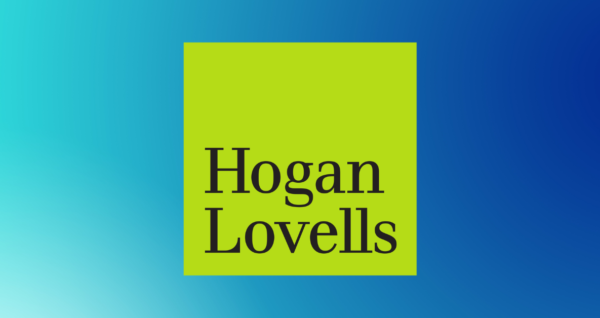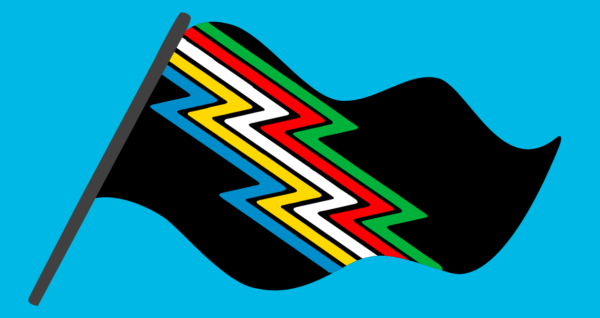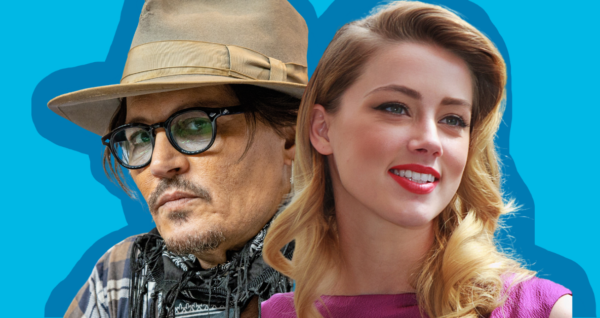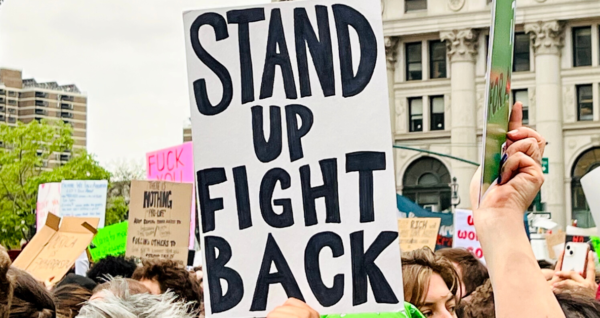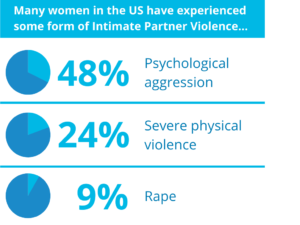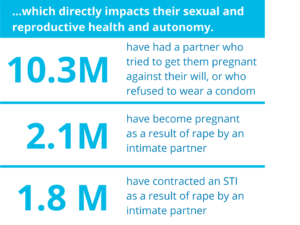A spotlight on Sanctuary Pro Bono Partner Hogan Lovells and their team’s fantastic work in securing asylum for a Honduran survivor escaping extreme domestic abuse and gang violence.
Sanctuary for Families’ Pro Bono Project has the honor of working with hundreds of extremely dedicated and expert pro bono attorneys per year. As part of our new Pro Bono Spotlight, we’ll be highlighting some of the great work done by Sanctuary pro bono attorneys!
*Please note that this blog contains descriptions of physical and sexual abuse that could be triggering*
Assisting an Asylum Seeker Fleeing Domestic and Gang Violence
Representing survivors of severe abuse or trafficking seeking to secure asylum can be a legally and emotionally challenging process. It is also an exhilarating process that provides a unique opportunity for pro bono teams to engage in creative lawyering, build meaningful client relationships, and secure an outcome that is life-changing for a survivor. Asylum is often the only way survivors of severe violence and exploitation can find safety and stability for themselves and their children. Sanctuary for Families is incredibly grateful to the pro bono attorneys who volunteer to help the courageous survivors seeking refuge in the United States.
Sanctuary recently had the pleasure of working with a team of talented pro bono attorneys from Hogan Lovells LLP: Jonathan Wieder, Juan Moreno, Ian Lewis-Slammon, and supervising partner Dennis Tracey. This stellar team worked hand in hand with a Honduran survivor of extreme domestic abuse and gang violence, “Serena,” who ultimately successfully secured asylum in the United States.
Serena was born and raised in Honduras, where she began dating “B,” a prominent gang member in the area. As the relationship progressed, B started to subject Serena to violent physical and sexual abuse and repeatedly threatened her life. Due to B’s gang affiliations, he enlisted several other men to stalk and harass Serena, even during a stint of imprisonment. Serena, who had grown up in an area controlled by gang violence and had witnessed multiple murders in broad daylight, and whose brother had also been murdered by a gang member, was terrified of her abuser and the very credible threats he made upon her life. Her attempts to flee to neighboring countries resulted in periods of homelessness and multiple deportations back to Honduras, where her situation grew increasingly life-threatening. Ultimately, Serena was able to enter the United States and apply for asylum with the help of Sanctuary for Families.
The Hogan Lovells team took on Serena’s case in 2020 during the Trump administration and was immediately faced with a staggering challenge: then-Attorney General Jeff Sessions had recently stated that domestic violence survivors and gang violence survivors would not, as a general matter, be eligible for asylum protection. Serena’s case had been potentially stalled right out of the gate.
Undeterred, the attorneys got to work and began strategizing. Instead of building Serena’s asylum claim based on her experiences of domestic violence, they framed her claim upon the discrimination and antipathy she had experienced due to her gender in Honduras, the country with the highest femicide rates in Latin America. Building this claim involved careful planning around how to acquire police records and witness testimonies from Honduras without endangering any of Serena’s family members. With the administration’s change in 2021 and the onset of Covid in 2020, the team pivoted again. By the time Serena’s final claim was presented, after countless hours of research, pulling together supporting evidence and affidavits, and direct- and cross-examination practice with Serena, the ICE attorney from the Office of the Principal Legal Advisor stipulated asylum, agreeing that Serena’s claim was so strong that it did not need to be taken to a hearing.
When reflecting on their experience, Jonathan and Ian both expressed that it was a privilege to work with Serena on her case, highlighting her enormous role in its success. In a phone call, both attorneys also emphasized how critical Juan’s Spanish-speaking skills were in communicating with and building trust with the client, a monolingual Spanish speaker. Jonathan, a first-year associate when he was first staffed on the case, also credits Director of Sanctuary’s Immigration Intervention Project Pooja Asnani with her extensive expertise and for allowing the team to build a solid foundational understanding of asylum cases with which to move forward.
“At every stage in preparation for this case, I was impressed by the team’s trauma-informed approach to working with ‘Serena,’ their close attention to the fact evidence and legal arguments, and their dedication to this case and the client. I loved working with this team and would welcome any opportunity to work with them again.” -Pooja Asnani.
Hogan Lovells Partner Pieter Van Toll, who helps coordinate Hogan’s pro bono program, was thrilled with the outcome. “Peter [Bautz, who also helps coordinate Hogan’s pro bono work] and I congratulate the entire Hogan Lovells team for their excellent work winning asylum for a deserving immigrant. We are proud of the work Hogan Lovells has been doing with Sanctuary for Families on these types of asylum cases and other important issues and look forward to helping them on future matters.”
Sanctuary for Families is immeasurably grateful to our pro bono partners for their work supporting survivors. It has been a pleasure to work with this team, and we look forward to continuing our relationship with these attorneys and with Hogan Lovells in the future.
Join the team from Hogan Lovells in standing with our clients. Your gift supports Sanctuary’s life-saving work with survivors of gender violence.
